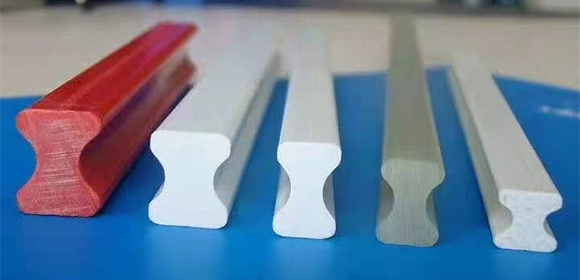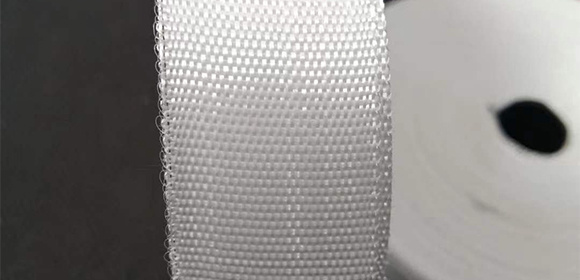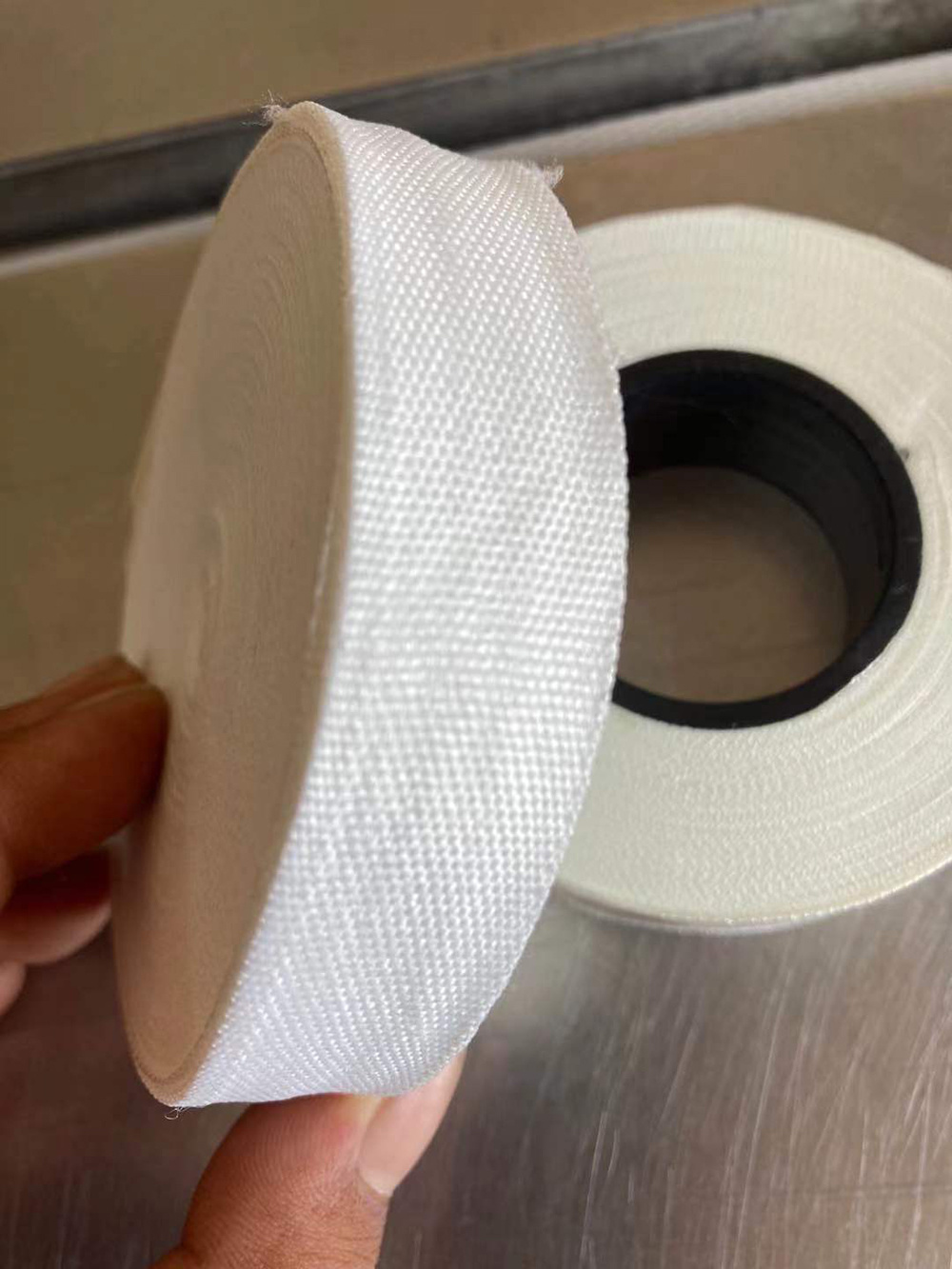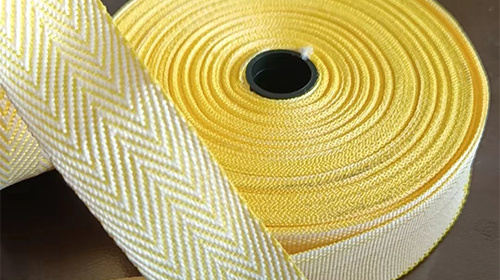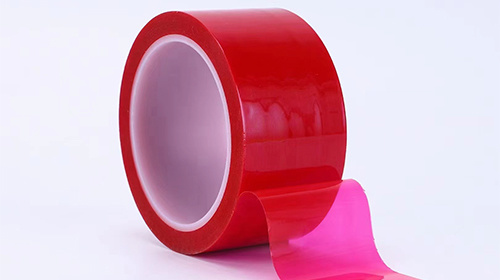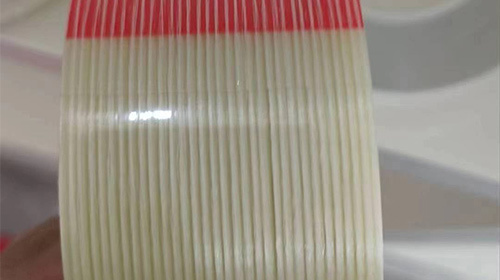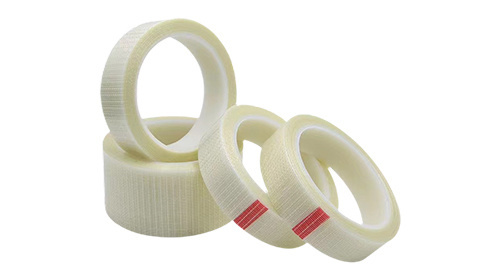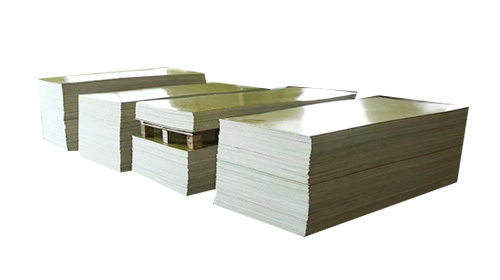Understanding PVC Fiberglass Sleeves: Essential Insulation Material for Electrical Applications
PVC fiberglass sleeves are an increasingly popular choice in the electrical insulation industry, specifically for applications requiring reliable protection and durability. These sleeves are made from a combination of polyvinyl chloride (PVC) and fiberglass, creating a composite material that boasts several advantageous properties. Understanding the characteristics and applications of PVC fibergla
PVC fiberglass sleeves are an increasingly popular choice in the electrical insulation industry, specifically for applications requiring reliable protection and durability. These sleeves are made from a combination of polyvinyl chloride (PVC) and fiberglass, creating a composite material that boasts several advantageous properties. Understanding the characteristics and applications of PVC fiberglass sleeves can help professionals in the electrical sector make informed decisions when selecting insulation materials.
One of the primary benefits of PVC fiberglass sleeves is their excellent electrical insulation properties. They are designed to withstand high voltages, making them ideal for use in various electrical applications, including wiring, transformers, and motors. The fiberglass component provides added strength and resistance to wear and tear, while the PVC offers good chemical resistance, making these sleeves suitable for environments where exposure to oils, solvents, and other harsh substances may occur.
Another significant advantage of PVC fiberglass sleeves is their thermal stability. These sleeves can withstand a wide range of temperatures, allowing them to perform effectively in both hot and cold environments. This characteristic is crucial for electrical applications, as fluctuations in temperature can affect the performance and longevity of insulation materials. The thermal properties of PVC fiberglass sleeves ensure that they maintain their integrity, reducing the risk of electrical failures and enhancing overall safety.
In addition to their electrical and thermal properties, PVC fiberglass sleeves are also recognized for their mechanical strength. The combination of PVC and fiberglass creates a robust protective layer that can resist impact, abrasion, and other mechanical stresses. This strength is particularly beneficial in industries where equipment is subjected to harsh conditions or where additional protection is necessary to prevent damage to sensitive components.
Installation of PVC fiberglass sleeves is relatively straightforward, making them a practical choice for electrical professionals. They can be easily cut to size and applied to wires or components, providing reliable insulation without the need for complex processes. Additionally, these sleeves are available in various sizes and thicknesses, allowing for customization based on specific application requirements.
In conclusion, PVC fiberglass sleeves represent a versatile and effective solution for electrical insulation needs. Their combination of excellent electrical properties, thermal stability, and mechanical strength makes them an ideal choice for various applications in the electrical industry. As professionals seek reliable and durable insulation materials, understanding the benefits and uses of PVC fiberglass sleeves can enhance both performance and safety in electrical systems.
One of the primary benefits of PVC fiberglass sleeves is their excellent electrical insulation properties. They are designed to withstand high voltages, making them ideal for use in various electrical applications, including wiring, transformers, and motors. The fiberglass component provides added strength and resistance to wear and tear, while the PVC offers good chemical resistance, making these sleeves suitable for environments where exposure to oils, solvents, and other harsh substances may occur.
Another significant advantage of PVC fiberglass sleeves is their thermal stability. These sleeves can withstand a wide range of temperatures, allowing them to perform effectively in both hot and cold environments. This characteristic is crucial for electrical applications, as fluctuations in temperature can affect the performance and longevity of insulation materials. The thermal properties of PVC fiberglass sleeves ensure that they maintain their integrity, reducing the risk of electrical failures and enhancing overall safety.
In addition to their electrical and thermal properties, PVC fiberglass sleeves are also recognized for their mechanical strength. The combination of PVC and fiberglass creates a robust protective layer that can resist impact, abrasion, and other mechanical stresses. This strength is particularly beneficial in industries where equipment is subjected to harsh conditions or where additional protection is necessary to prevent damage to sensitive components.
Installation of PVC fiberglass sleeves is relatively straightforward, making them a practical choice for electrical professionals. They can be easily cut to size and applied to wires or components, providing reliable insulation without the need for complex processes. Additionally, these sleeves are available in various sizes and thicknesses, allowing for customization based on specific application requirements.
In conclusion, PVC fiberglass sleeves represent a versatile and effective solution for electrical insulation needs. Their combination of excellent electrical properties, thermal stability, and mechanical strength makes them an ideal choice for various applications in the electrical industry. As professionals seek reliable and durable insulation materials, understanding the benefits and uses of PVC fiberglass sleeves can enhance both performance and safety in electrical systems.






